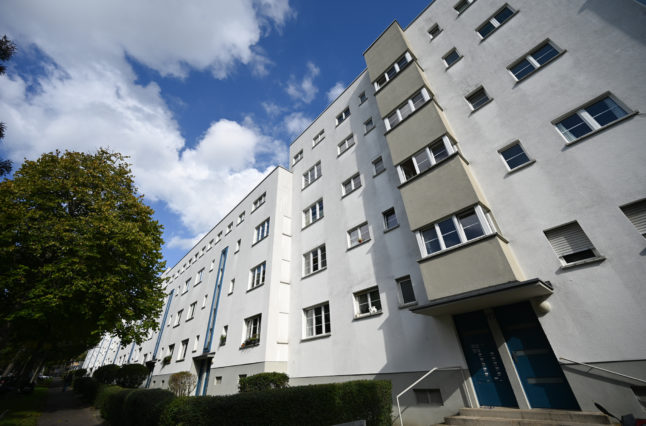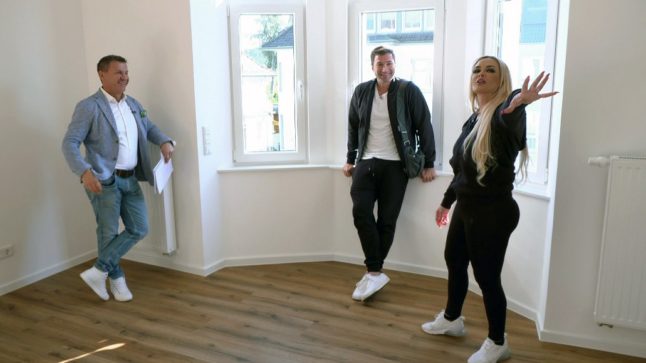The deadline for submitting the new property tax declaration will be pushed back from October 31st to January 31st, 2023.
The decision to extend the deadline was made by the state finance ministers and Federal Finance Minister Christian Lindner (FDP) at a meeting on Thursday. It comes after Lindner revealed that barely one in three property owners had submitted their declaration by the start of October.
Announcing the decision, Bavaria’s Finance Minister Albert Füracker (CSU) said that the extension of the submission deadline by three months would significantly relieve the burden on citizens, the economy, and tax consultants.
Lindner also welcomed the decision, telling reporters on the sidelines of the International Monetary Fund conference in Washington: “At present, there are other concerns and tasks that we have to take care of with priority.”
The FDP politician had previously argued for an extension of the deadline.
READ ALSO: Why Germany is mulling an extension to property tax deadline
Property tax reform
The reform of the currently property tax system, which is due to come into force from 2025, is one of the largest tax reforms carried out in Germany since the end of the Second World War.
The revamp was prompted by a decision from Germany’s Constitutional Court, which found that the tax rates were calculated unfairly.
Under the current system, the value of a property is calculated using records from 1935 in East Germany and from 1964 in West Germany, meaning many houses and flats are dramatically undervalued.
Authorities must now revalue around 36 million properties using data submitted by the owners. This includes providing details such as plot size and living space, property type, construction year and the so-called standard land value via the government’s Elster tax portal.
However, experts have warned that the declaration is far too complicated for many people to fill out by themselves.
In addition, the reform has hit numerous technical snags along the way, with the Elster portal buckling under the excess traffic just days after tax authorities started accepting the property tax return.
READ ALSO:



 Please whitelist us to continue reading.
Please whitelist us to continue reading.
Member comments